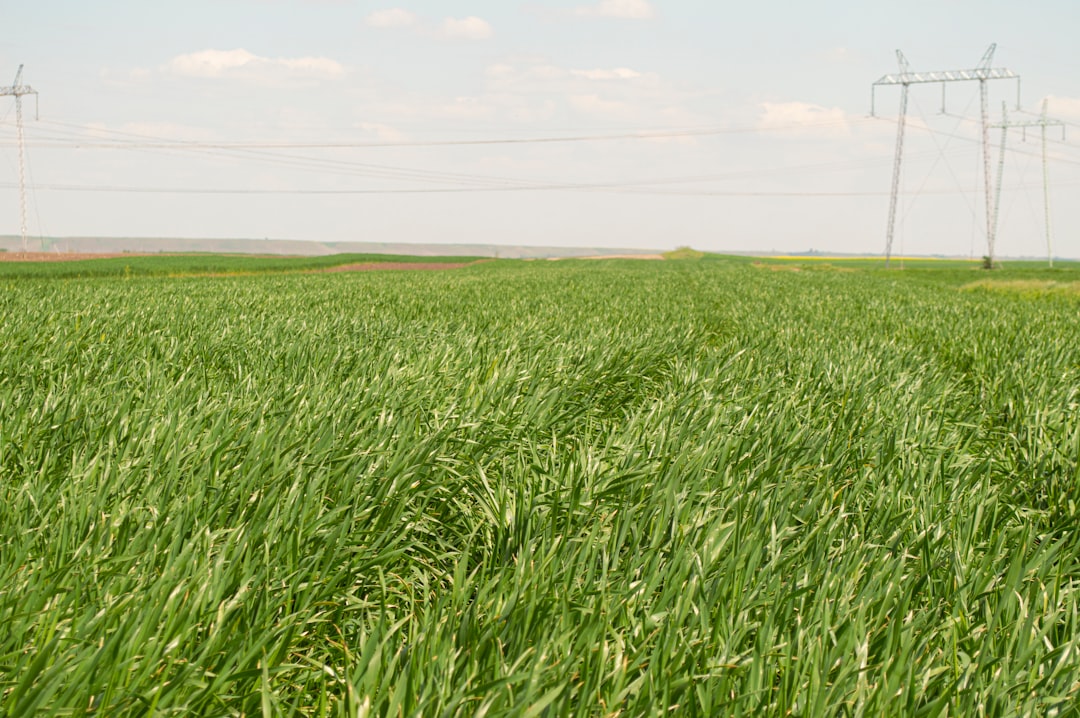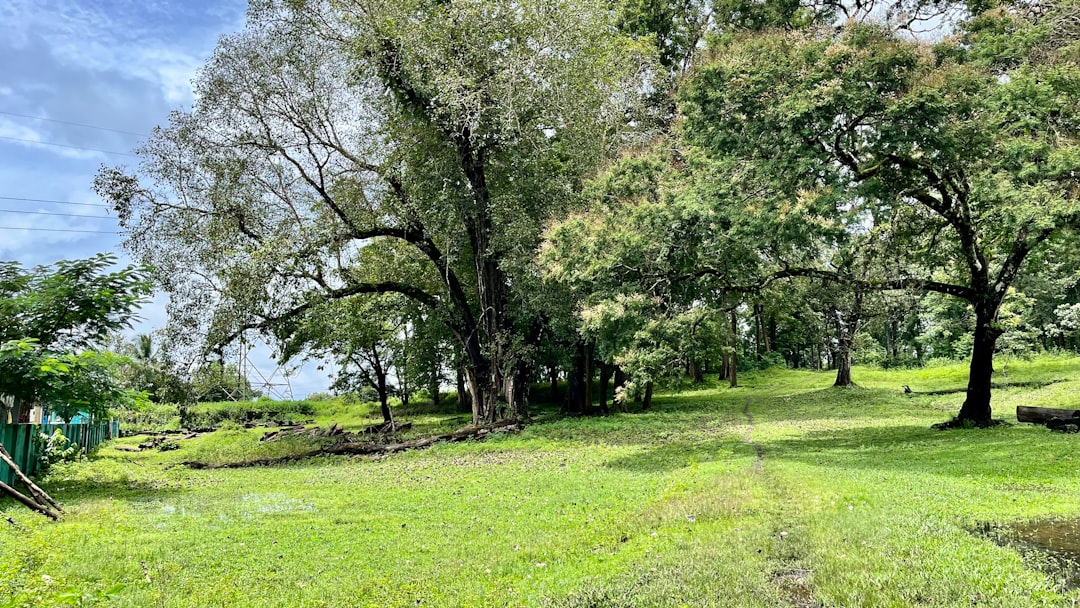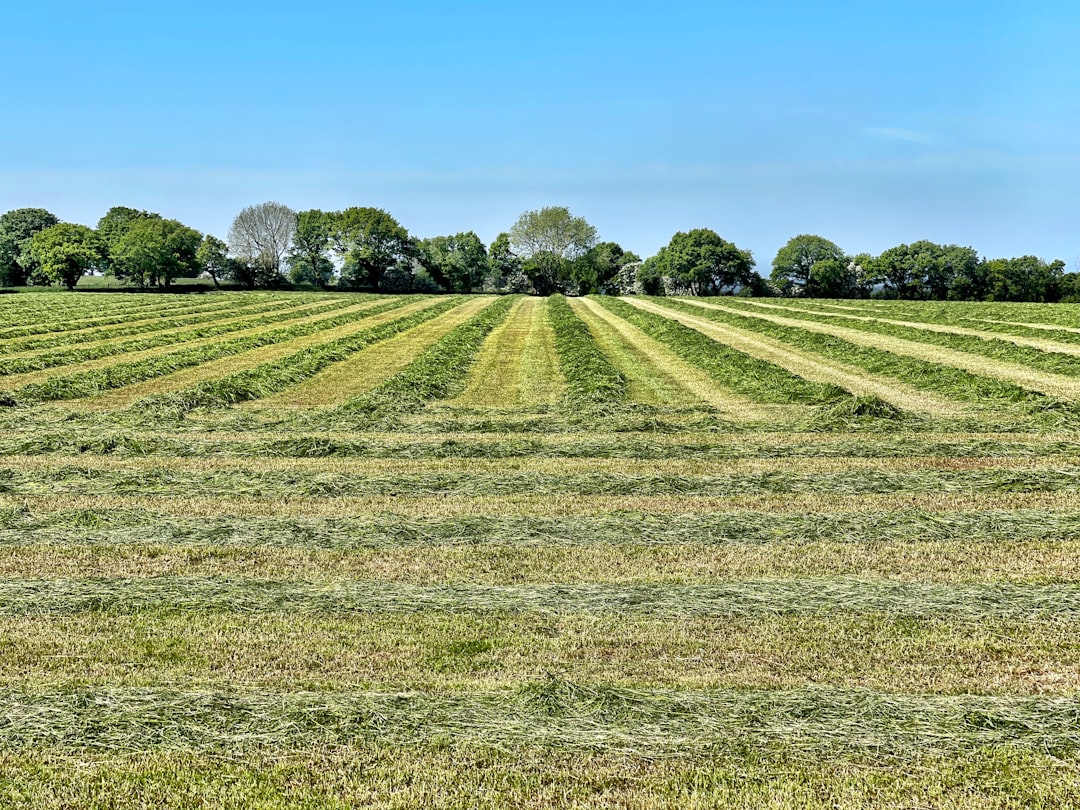
The state of Maine presents a unique blend of urban, suburban, and, predominantly, rural environments, which in turn creates a distinctive land development landscape. Significant parts of Maine are covered in forests and natural reserves, making the land development process subject to an array of state and local regulations intended to preserve the state's natural beauty and resources. Understanding this landscape is paramount to successful development projects.
Additionally, economic factors such as market demand, population growth, and the state’s economic development plans heavily influence the Maine land development landscape. The diversity of the state, from the business hub of Portland to the agricultural expanses in Aroostook County, requires a region-specific approach to land development that recognizes the local economies, cultures, and environments.
One must not overlook the importance of community input and involvement in shaping the development landscape. Local communities often have active say in developmental decisions, making it vital for developers to establish favorable relationships with community members and local authorities from the onset.
Maine's natural environment is not only one of its most treasured assets but it also represents one of the developers' biggest challenges. With regulations designed to protect the natural habitats, ecosystems, and the scenic beauty of the state, developers need to be mindful of their environmental impact at every turn.
Conducting environmental impact assessments is a standard step in the development process. These studies evaluate the potential impact of a development on the local ecosystem, including its effects on wildlife, plant life, water quality, and more. This understanding can shape the planning, design, and construction phases of development to minimize negative environmental effects.
Energy efficiency and sustainable building practices are also becoming increasingly significant in Maine's development sector. Green buildings and developments that incorporate renewable energy sources can potentially benefit from both public support and financial incentives provided by the state.

Selling land in New Jersey for cash can be a rewarding venture, but it requires strategic planning and execution.. The process involves understanding the real estate market, preparing your land for sale, marketing effectively, and negotiating a fair price.
Posted by on 2024-09-30

Selling land in New Jersey for immediate cash can be an enticing prospect, especially if you're looking to liquidate your asset quickly.. However, the process involves several key steps and considerations that every landowner should be aware of.
Posted by on 2024-09-30

Selling land in New Jersey for quick cash involves a series of steps that require careful planning, attention to detail, and an understanding of the local real estate market.. While the process may seem daunting at first, breaking it down into manageable parts can make it more approachable and efficient. The first step in selling land quickly is to understand its value.
Posted by on 2024-09-30

Selling your New Jersey property for cash offers a myriad of benefits that can significantly simplify the real estate transaction process.. In an era where time is often equated to money, opting for a cash sale can be a strategic decision that aligns with both financial and personal goals.
Posted by on 2024-09-30

Effective planning of infrastructure and utilities is crucial for any successful land development project in Maine. For rural developments, this may involve ensuring access to adequate roadways, water supply, and waste management systems. Meanwhile, urban developments need to address challenges regarding traffic flow, public transportation, and connectivity.
Utilities such as electricity, water, and sewerage, as well as telecommunications infrastructure, must be carefully considered to ensure that the development is well-served and functional. Maine’s cold climate also requires specific attention to heating systems and insulation standards for buildings.
Collaborating with local municipalities and utility companies early in the development process can result in more efficient designs and the potential to reduce costs. It's equally important to ensure that all infrastructure plans comply with local codes and standards.
The State of Maine, recognizing the importance of development in stimulating economic growth, provides various financial incentives to developers. Tax increment financing (TIF) and opportunity zones are examples of such incentives that offer developers potential savings and encourage investments in specific areas.
Furthermore, Maine offers grants and loan programs for projects that demonstrate potential for significant economic impact, particularly those that create jobs, contribute to the infrastructure, and endorse environmental sustainability.
Staying current with the various financial opportunities available is beneficial for developers seeking to maximize their investments. It is, however, essential to adhere to the guidelines and application procedures associated with each financial program to successfully access these benefits.


In Maine, as in many places, the community’s role in land development decisions is significant. Public hearings and community meetings are often standard facets of the development approval process. These forums provide local residents with the opportunity to voice their concerns, support, or objections to proposed projects.
Smart developers understand the value of engaging the community early on in the planning process. This engagement can lead to a collaborative approach, where community input is factored into the design and execution of the project, often making the development more appealing to local residents and officials.
Moreover, community support can be a powerful ally for a project, potentially smoothing the path through various approval stages. In contrast, overlooking the community’s voice can result in staunch opposition, public relations battles, and even legal challenges that stall or derail development efforts.
The landscape of land development in Maine is ever-evolving, with current trends shaping the future of the industry. Sustainability and ecotourism are noticeably on the rise, resonating with the state's strong environmental ethos. Developments that emphasize green living, conservation of natural resources, and minimal ecological footprint are gaining traction.
Additionally, changing demographics and the rising demand for affordable housing are shaping the nature of residential developments. Maine’s focus on revitalizing its downtown areas is also influencing the development of mixed-use projects that offer housing, retail, and office spaces in close proximity.
Technology, notably in the realm of construction techniques and materials, is poised to revolutionize Maine's development scene. These advancements aim to enhance efficiency, reduce costs, and meet the growing demand for high-quality, sustainable development.

The complexity of land development in Maine often necessitates a team approach. Finding the right partners - from real estate agents and attorneys to architects and contractors - is critical to the success of any development project. Each partner brings unique expertise and local knowledge which can prove invaluable in navigating the regulatory landscape, designing projects that suit the local context, and, ultimately, executing the development plan.
Developers benefit greatly from partners who have a strong track record in the Maine market and who understand the specific challenges and opportunities it presents. Additionally, these partners can help facilitate relationships with local stakeholders, further solidifying the potential success of the project.
It is important to conduct thorough due diligence when selecting partners, as the right team can make a significant difference in the smooth progression and eventual success of a land development project in Maine.
Land development in Maine offers a multitude of possibilities for developers who are ready to embrace its unique challenges and opportunities. A thorough understanding of the local landscape, regulations, and community dynamics is essential. By remaining attentive to environmental considerations, leveraging financial incentives, and building strong community and professional partnerships, developers can navigate the complex territory of Maine land development with greater ease and potential for success.
As Maine continues to evolve, so too will the approaches to land development. By keeping a keen eye on the future and a respectful nod to the natural and community values that define the state, developers can contribute to the growth and transformation of Maine in a manner that is both profitable and harmonious with its cherished character.

You must consider state-specific regulations regarding disclosure requirements and transfer taxes when selling property in New Jersey.